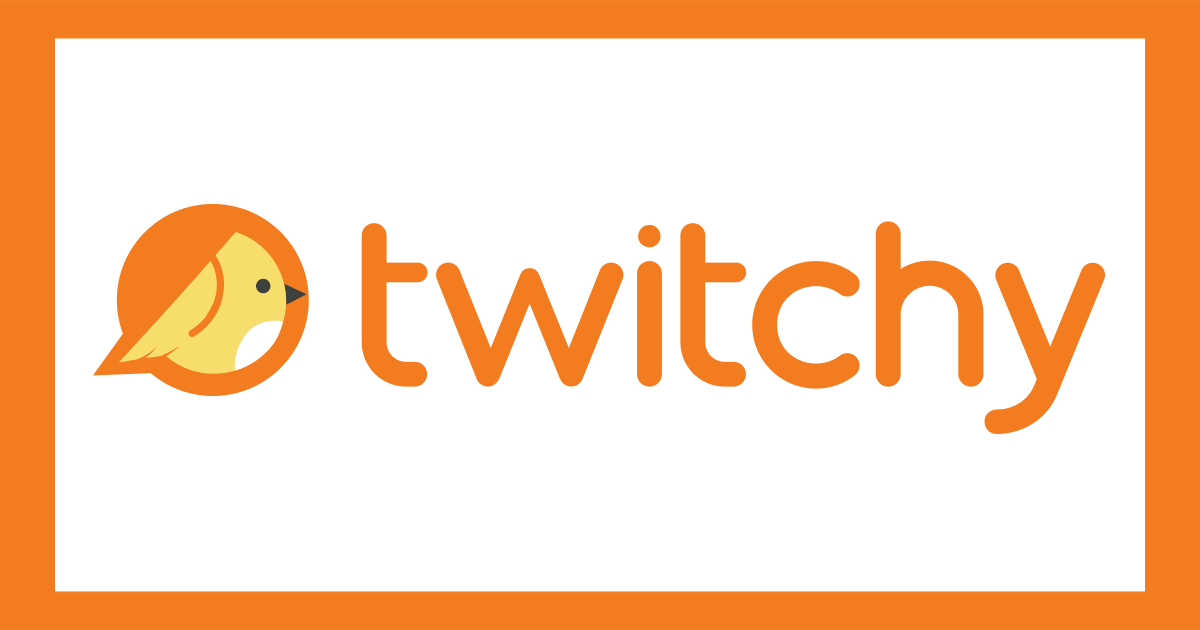A federal judge in California today ruled that national security letters, FBI documents which place a gag order on the recipient, infringe on freedom of speech and are thus unconstitutional.
Fed judge finds #NSLs unconstitutional: "A stunning defeat for the Obama administration’s surveillance practices" http://t.co/zjASRnDEY9
— Matthew Har Harwood (@mharwood31) March 15, 2013
An epic win for free speech. RT @EFF Read the historic ruling: National Security Letters are unconstitutional. http://t.co/FE605Qwmrk
— Trevor Timm (@trevortimm) March 15, 2013
Wired gives some helpful background on NSLs:
NSLs are written demands from the FBI that compel internet service providers, credit companies, financial institutions and others to hand over confidential records about their customers, such as subscriber information, phone numbers and e-mail addresses, websites visited and more.
NSLs are a powerful tool because they do not require court approval, and they come with a built-in gag order, preventing recipients from disclosing to anyone that they have even received an NSL. An FBI agent looking into a possible anti-terrorism case can self-issue an NSL to a credit bureau, ISP or phone company with only the sign-off of the Special Agent in Charge of their office. The FBI has to merely assert that the information is “relevant” to an investigation into international terrorism or clandestine intelligence activities.
Recommended
The telecommunications company challenging the letters was represented by the Electronic Frontier Foundation.
Our official reaction to the NSL ruling: "This small step should help restore balance between liberty and security." https://t.co/WjpxoJHY6x
— EFF (@EFF) March 15, 2013
Wired notes that the FBI has sent nearly 300,000 NSLs since 2000.
"The FBI has issued hundreds of thousands of NSLs".
Hundreds. Of. Thousands. http://t.co/OKh9CkCQJF
— Steve Greenberg (@greenbes) March 15, 2013
The judge’s ruling came with a 90-day stay, during which the government may appeal to the Ninth Circuit Court of Appeals.
























Join the conversation as a VIP Member